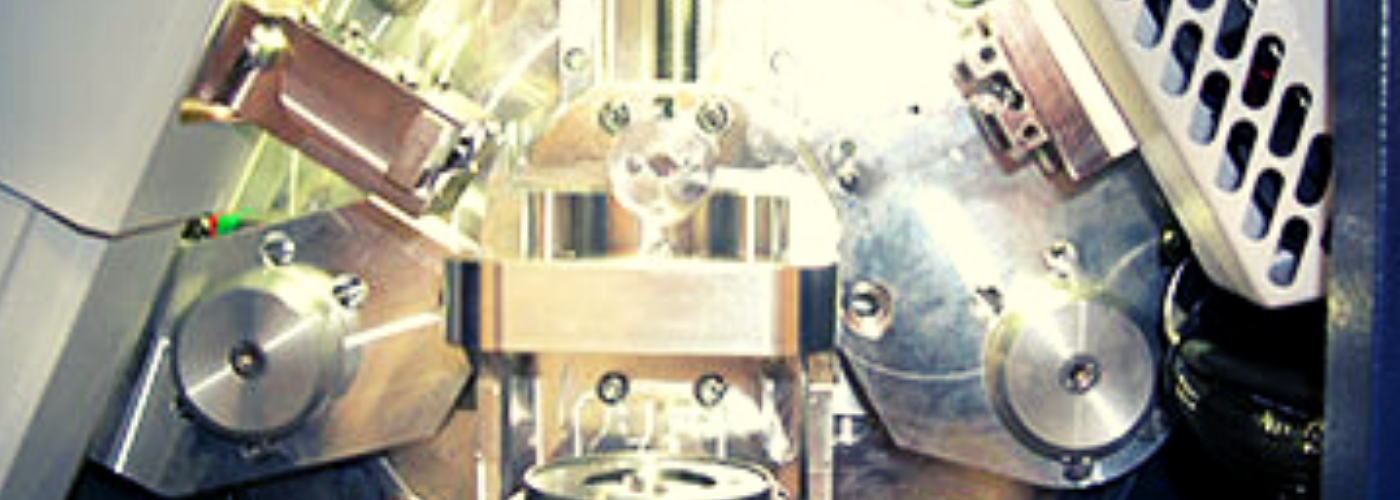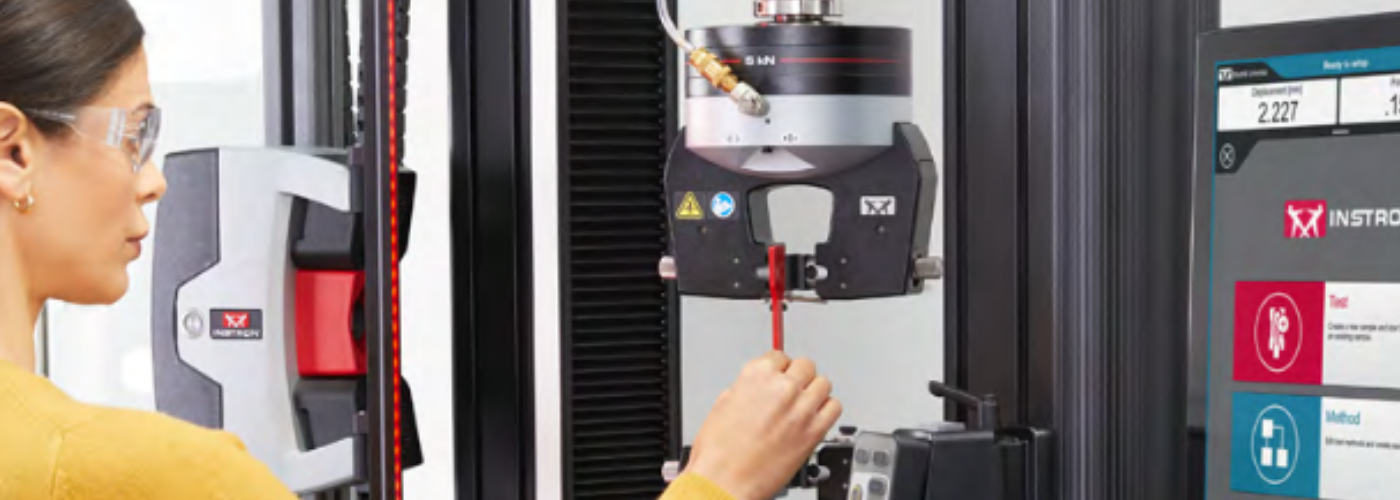
Get direct access to wide-ranging, world-class technical expertise available at the National Institute of Standards and Technology (NIST) research laboratories and user facilities.
HOW IT CAN HELP
- Access to High-Accuracy Measurements
- Insight into Market Applications
- Find Ideas to Fuel Expansion into New Product
- Employee Training on Advanced Manufacturing Techniques
DETAILED DESCRIPTION
Get direct access to wide-ranging, world-class technical expertise available at the National Institute of Standards and Technology (NIST) research laboratories and user facilities. Since 2016, MATTR has successfully connected NIST technical experts with numerous MEP client manufacturing companies around the U.S. for meaningful technical assistance. Although not every technical problem submitted by MEP Centers has a solution at NIST, the MATTR staff make every effort to find NIST lab expertise appropriate to the company’s needs. When the solution is not found at NIST, the MATTR service provides guidance on where they might find useful non-NIST solutions.
HOW MUCH DOES IT COST?
No funding is exchanged during the initial interactions. Fees based on scope of the project. MATTR interactions can involve the execution of a Cooperative Research and Development Agreement (CRADA) where NIST MEP can cover up to $50,000 of extensive NIST staff consultation, special measurements, special tests and NIST user facility access.
WHAT CAN I EXPECT?
Upon receipt of a MATTR request, NIST MEP makes an appropriate connection between the NIST labs and the MEP Center client. NIST lab staff typically begin by sharing technical expertise relating to the manufacturer’s issues. As the scope of the project takes shape the specific needs are quoted or a CRADA is generated.
HOW TO GET STARTED
Complete the MATTR form – Link
For more information on MATTR, please contact NIST MEP’s Marlon Walker at marlon.walker@nist.gov or info@UtahMEP.org
More Information
Download PDF


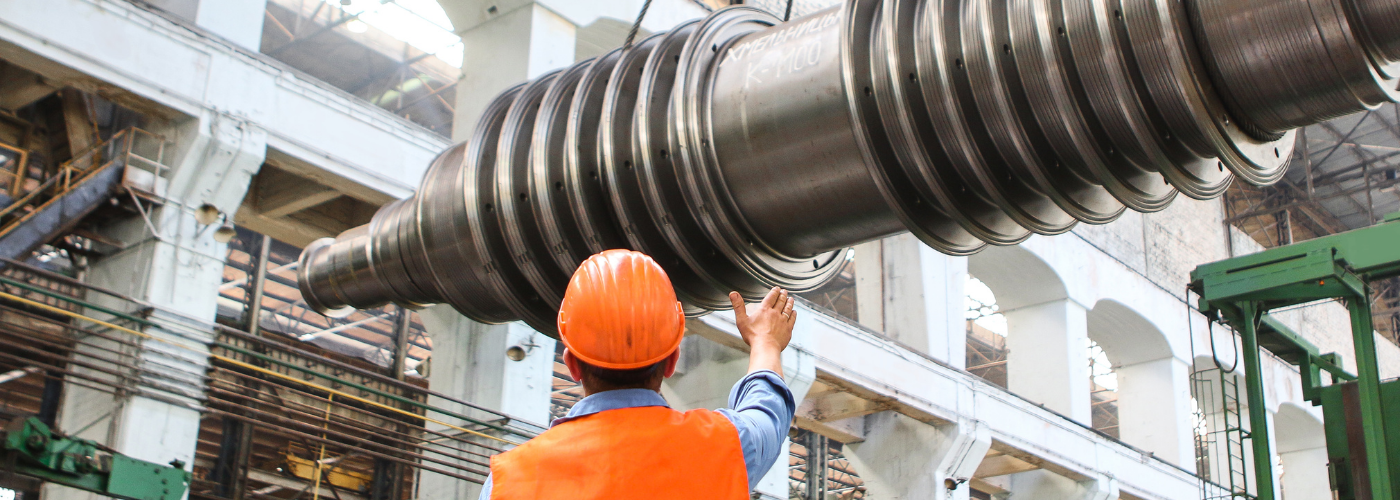




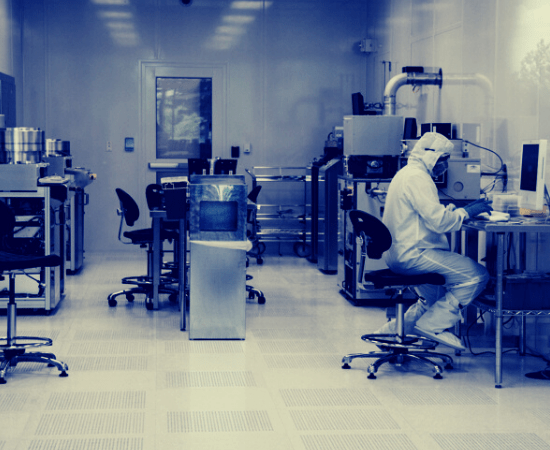 The Utah Nanofab brings together experienced researchers, engineers and scientists with backgrounds in nano-fabrication, nano-scale surface analysis, and industrial process design.
The Utah Nanofab brings together experienced researchers, engineers and scientists with backgrounds in nano-fabrication, nano-scale surface analysis, and industrial process design.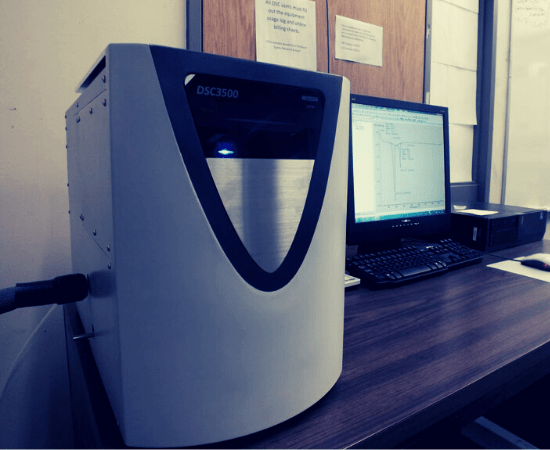 Do you need to understand the fundamental Thermodynamic and kinetic properties of materials critical to your success?
Do you need to understand the fundamental Thermodynamic and kinetic properties of materials critical to your success?